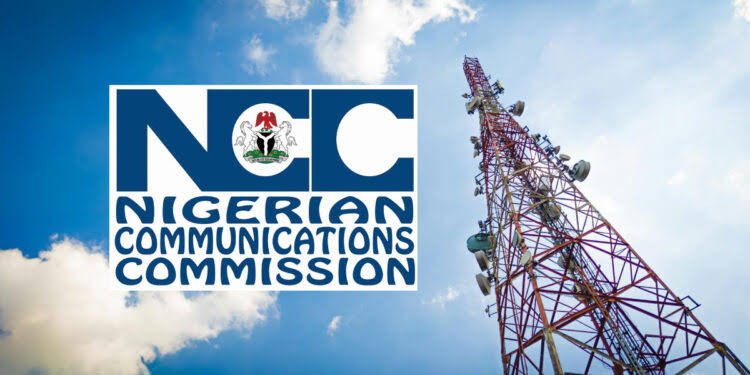The Nigerian Communications Commission (NCC) has introduced a new policy that compels telecom operators to compensate subscribers for more than 24 hours of major service disruptions.
This move is part of broader efforts to improve service quality, ensure transparency, and uphold consumer rights across Nigeria’s telecom industry.
The new policy, titled Directive on Reportage of Major Network Outages by Mobile Network Operators (MNOs), applies to all telecom operators. This includes mobile network providers, internet service providers, and last-mile service companies.
Consumers affected by major outages will receive proportional compensation, such as service extensions, as provided under the Consumer Code of Practice Regulations. The directive also requires operators to publicly notify consumers about significant service failures. These notices must explain the cause and the areas affected, as well as provide an estimated time for service restoration. For planned outages, operators must issue public notices at least one week in advance using appropriate media channels.
READ ALSO: Harness the power of public relations for Nigeria’s economic renaissance- Minister of information
The NCC categorises major outages in three ways:
- Service disruptions that impact at least five per cent of an operator’s subscribers or affect five or more Local Government Areas due to incidents like fibre cuts, vandalism, or natural disasters.
- Unexpected isolation of 100 or more network sites, or five per cent of a provider’s total network sites, or a full outage in a network cluster lasting at least 30 minutes.
- Significant service degradation in the top 10 states by network traffic volume, as determined by the NCC.
To enhance transparency, the NCC has launched a Major Outage Reporting Portal, now accessible to the public via its website (www.ncc.gov.ng). Telecom operators must report all major network outages on the platform.
The portal also names the parties responsible for each disruption, helping to reduce cases of sabotage and negligence.
This directive represents a bold step toward improving accountability and reliability in Nigeria’s telecom industry. It also supports national efforts to secure telecommunications infrastructure, recognised as critical to the country’s economy and security.
WATCH: ARCON on the enormous impact media investment can produce for involved parties






Comment
No comments found.